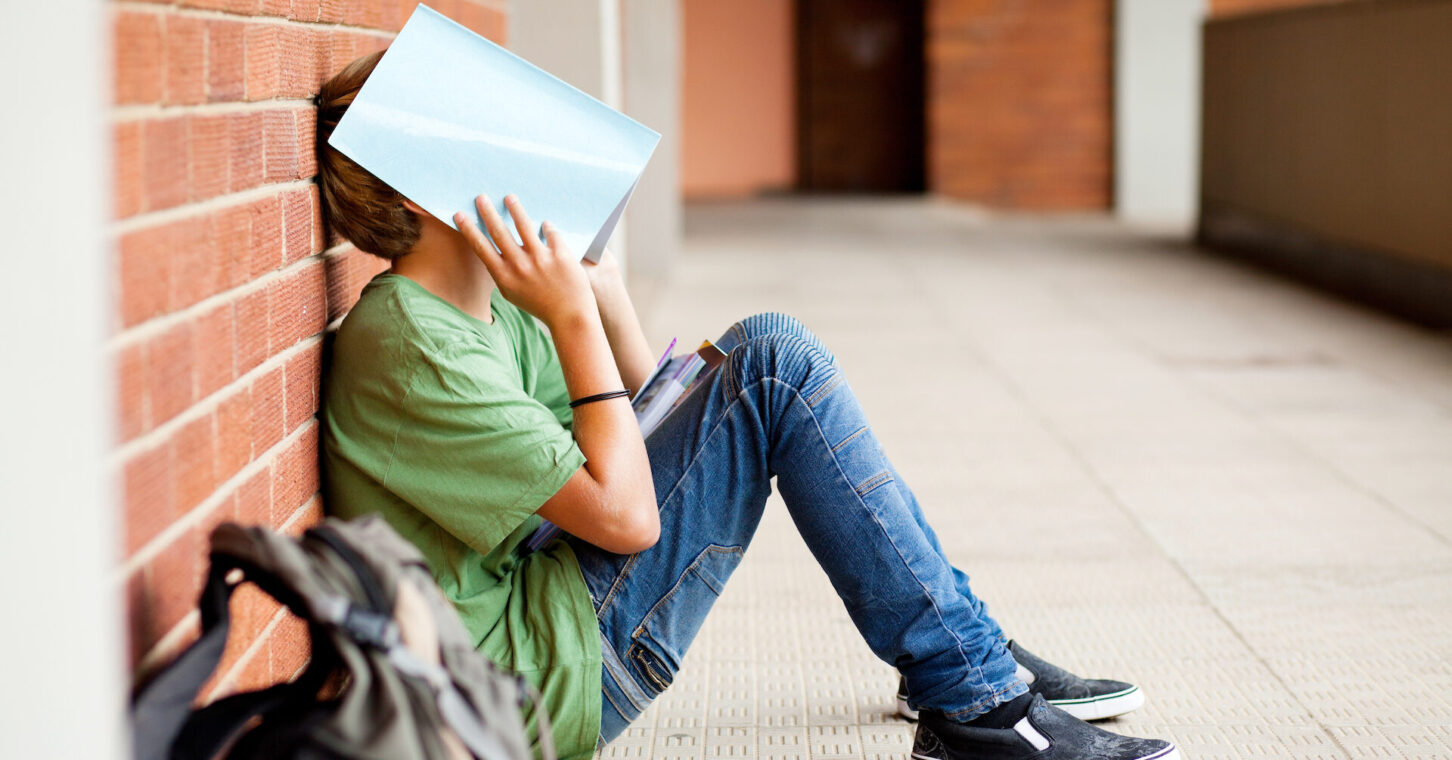
Schools are letting out for summer across Georgia, and with each additional year completed we are tempted to put the educational tragedy of the pandemic behind us.
If only it were that simple.
A string of test scores in recent years demonstrated that remote learning took a terrible, lasting toll on student achievement. Some pieces of evidence – like the latest dismal scores for U.S. eighth graders on history and civics – are part of a longer-term decline. Another round of testing has just been completed, and those who care are bracing ourselves for the results.
But then again, as parents we usually already know.
We see the signs daily: the nightly struggles to complete homework, or the simple disinterest that often reveals a child’s self-awareness of his own shortcomings. We see children who take less pleasure in learning than before. We observe less fluency in certain subjects than our students ought to have at their age.
At the same time, survey after survey shows teachers also suffer from lingering effects. Just Google “teacher burnout.”
Something has to give.
The education establishment’s answer has been, in short, to blame the test. To pretend it tells untruths. To propose watering down its scores into meaningless gruel.
But the test is just a mirror reflecting back the state of the world. And the state of the education world is not good.
In this environment, it’s no coincidence that educational options have been spreading faster than ever.
This past week, Oklahoma became the eighth state – and sixth this year – to pass a universal school choice bill. North Carolina, where the House and Senate have each passed versions of such a bill with veto-proof majorities, is poised to join them. In Texas, Gov. Greg Abbott has threatened to call a special session if legislators don’t pass that state’s first private school choice bill.
It’s been said of many recent trends that the pandemic didn’t create them; it merely accelerated them. That’s the right way to think about school choice.
Education is going to change. It has to change. The falling test scores, the burned-out teachers – every sign points in that direction.
It was changing before Covid. Now it’s just changing faster.
But it’s also wrong to think of the nature of this change the same way as before: moving away from this – such as a public school a student attends all day long – to that – say, a full-time private school.
That just doesn’t fit with the way most of the rest of our lives are changing.
First, stop thinking in terms of “schools” and instead think in terms of an education. Next, consider the way people weave together the blend of goods and services that’s right for them in other facets of their lives. Even income – as opposed to “a job” – has changed in this way for many Americans who prefer the flexibility of having multiple, smaller household revenue streams.
Now imagine the high student who builds a routine of going to the neighborhood public school for Spanish classes, the local private school for literature and composition, an online course for European history, and a nearby college for physics and calculus. All of this, complemented by a discussion and study group of peers who live within walking distance of each other but previously would have attended a handful of different schools.
If that sounds far-fetched, it’s closer to reality than you think. It could reinvigorate students and educators alike by giving them a different paradigm for a pursuit that has looked basically the same for a century. It may not be for everyone but the possibility, the option, should be.
All that’s standing in the way is a system we’ve maintained mostly because we’ve had it so long. We know it. It’s familiar.
If you haven’t noticed, a lot of what’s familiar has already been transformed in many other parts of our lives. Why not the part of our lives that prepares us for the rest of our lives?